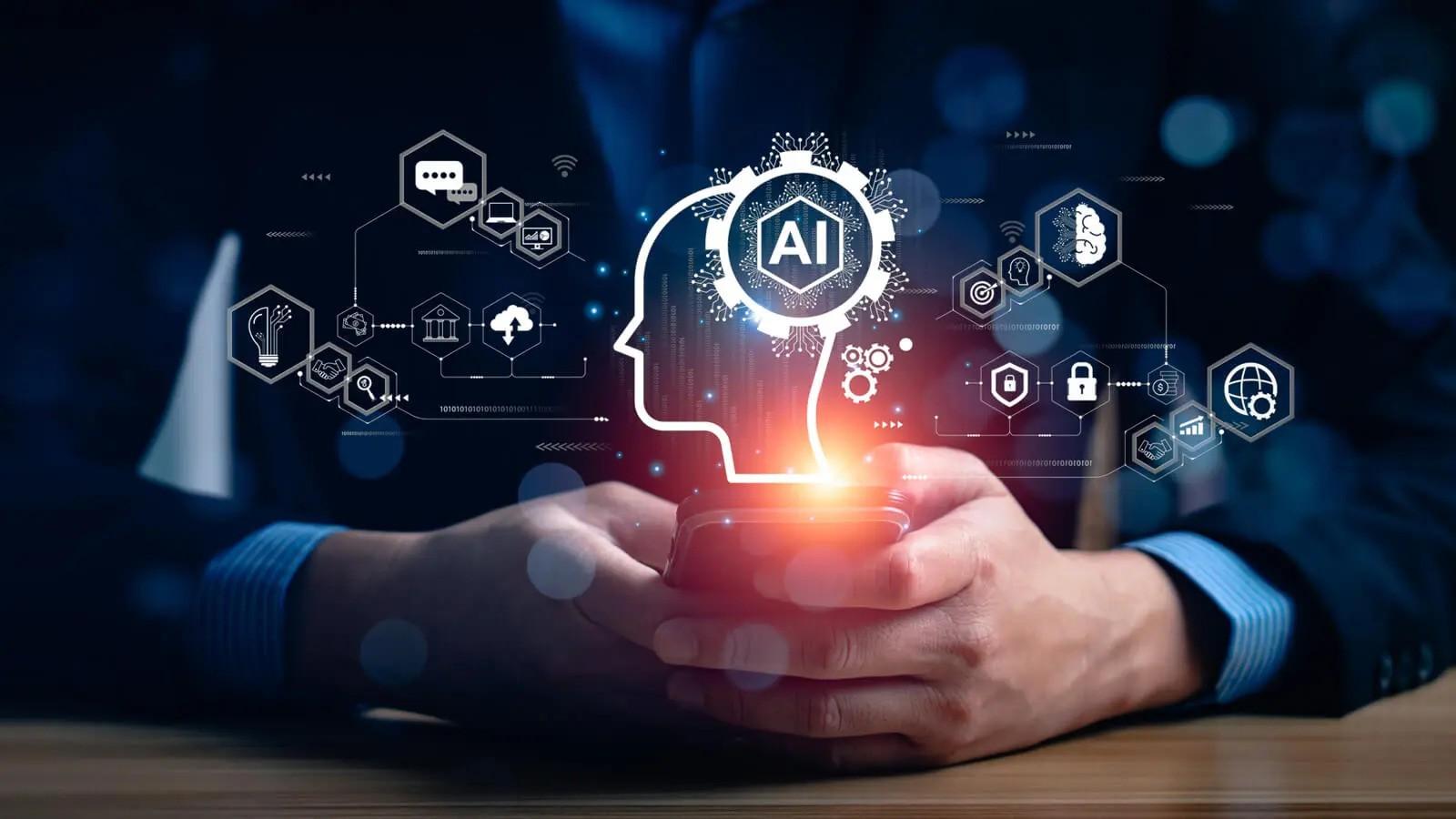Last updated on May 21st, 2024 at 08:22 am
The introduction of top-notch AI-backed tools like GitHub and ChatGPT has influenced the software development sphere, which will continue to evolve with continuous advancements. These tools assist professionals in writing and optimizing code and improving overall quality and work productivity.
Now, the startling questions are how far AI can influence the software development lifecycle, how it will affect the services of any software development company and more.
AI is undoubtedly gaining momentum, but the unique capabilities and proficiency of human developers can not be replaced and will continue to thrive with innovations.
However, the wide adoption of Artificial Intelligence is changing how companies develop software.
Hence, in this write-up, we will discover Artificial Intelligence’s influence and what these impacts will mean for developers and businesses.
How Does AI Influence Software Development?
Artificial Intelligence can impact the software development lifecycle, including routine task automation, assessing large amounts of data, and fixing bugs. Undoubtedly, AI has brought significant advancements in the digital transformation era.
So, let us explore these notable changes that have impacted software development after the introduction of AI.
Automation and Productivity
Artificial Intelligence enables the automation of multiple time-consuming activities. For instance, AI-backed tools can assist in quick bug and error detection, generating code snippets, and handling dependencies.
Such automation helps developers save time by investing in more critical aspects of software development, accelerating the development process and resulting in reliable software solutions.
Natural Language Processing
Natural Language Processing is a subset of Artificial Intelligence that influences the understanding and processing of human language. NLP technology is best for developing chatbots, voice-activated interfaces, and virtual assistants.
These help enhance user experiences and open up new opportunities for software development.
Quality Assurance and Testing
This allows developers to detect and fix issues early in the development cycle before they escalate, which improves effectiveness.
Artificial Intelligence accelerates the testing and quality assurance process. To clarify, the AI algorithms can evaluate potential errors, analyze code, and automate product test cases. All this means easy covering of broader aspects as compared to manual testing.
Moreover, the developers can instantly resolve the identified bugs in the early stages of the development process, resulting in the building of high-quality software solutions.
Smart Prototyping
Prototyping is one of the levels in the software development process where ideas are brought to existence. AI-driven tools are meant to generate code for multiple programming languages and platforms, accelerating the prototyping and mitigating the risks of human errors
For example, AI can recommend frameworks and design ideas according to the project requirements. This helps create a responsive and efficient layout from scratch. Some well-known prototyping tools backed by AI include Tabnine, CodeT5, and OpenAI Codex.
Documentation Generation
Documentation is a key aspect of software development. It assists in software scalability and maintenance. Especially when it comes to large-sized development projects. Here, Artificial Intelligence streamlines software development by rendering documentation from the codebase. It saves a lot of time for developers and ensures the documentation is updated with the latest code.
Furthermore, AI-backed tools help evaluate the code and extract comments, structure, and usage patterns for easy-to-understand and comprehensive documentation. Any developer can easily modify the code, its significance, and whether it has any dependencies.
Predictive Modeling
Artificial intelligence helps anticipate the outcomes from the respective development projects and the accuracy level. Adopting advanced tools and algorithms, Artificial Intelligence can help predict the solutions’ potential roadblocks and determine user behaviors and market trends.
These predictions ensure better planning and resource allocation, which are essential for the longevity of software solutions. Furthermore, AI’s predictive analysis helps evaluate the impact of code modifications on the overall solution, predicting how they affect performance or interact with existing functionalities.
Conclusion
To sum up, Artificial Intelligence in software development has a significant role in expanding developers’ capabilities and not aiming to replace them. The true strength lies in the joint capabilities of AI and human intelligence. Collectively, it ensures that software development is customer-centric and resonates with ethical coding and security standards.
Thus, AI and development tools can be utilized at their best without much dependency. Besides, hiring AI development services can reduce the development hassles and ease the overall lifecycle.



